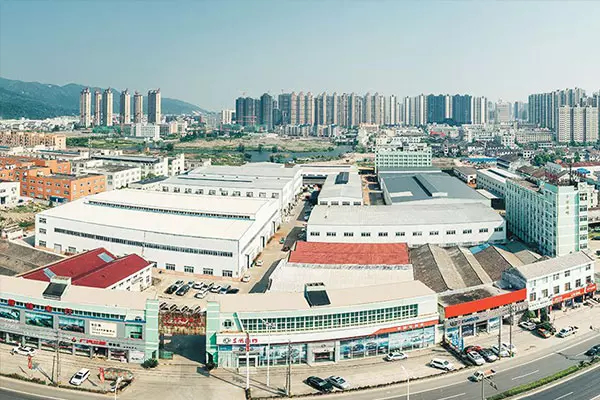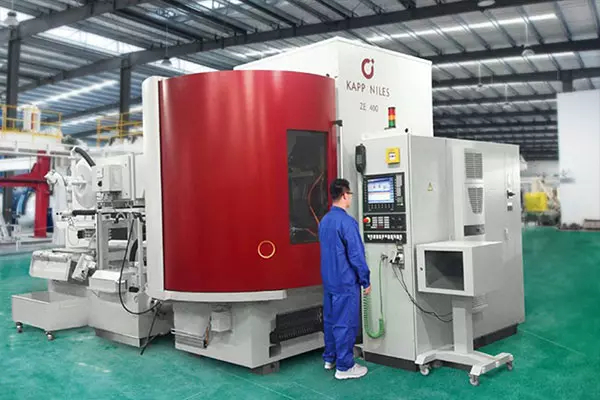Industrial gearboxes are crucial components in various machinery, playing a significant role in numerous industries. From manufacturing to mining, these gear units are designed to withstand extreme conditions and ensure optimal performance. This article delves into the world of industrial gearboxes, exploring their features, types, and applications.
What is an Industrial Gearbox?
An industrial gearbox is an enclosed system that transmits mechanical energy to a transmission unit, controlling speed and torque. Unlike standard gearboxes, industrial variants are built for longevity and safety, often operating at high speeds for extended periods. They are essential in converting mechanical power and ensuring precise control over machinery functions.
Key Features of Industrial Gearboxes
Robustness and Durability: Designed for heavy-duty applications, industrial gearboxes are known for their robust construction, ensuring long service life even under harsh conditions.
Precision and Efficiency: These gear units are engineered to provide high precision, crucial for applications requiring exact positioning and speed control.
Versatility: With various types available, industrial gearboxes can be tailored to meet specific application needs, offering flexibility in design and functionality.
Types of Industrial Gearboxes
Understanding the different types of industrial gearboxes is essential for selecting the right one for your application. Here are some common types:
Helical Gearboxes: Known for their efficiency and low power consumption, helical gearboxes are ideal for heavy-duty operations in industries like cement, plastic, and rubber.
Bevel Helical Gearboxes: These gearboxes feature curved teeth on a conical surface, facilitating rotary motion between non-parallel shafts. They are commonly used in conveyors and mining facilities.
Planetary Gearboxes: Renowned for their high precision and durability, planetary gearboxes are perfect for applications requiring increased accuracy, such as robotics and 3D printing.
Worm Reduction Gearboxes: These gearboxes achieve enhanced speed reduction and are suitable for heavy-duty applications in industries like fertilizer and chemicals.
Applications of Industrial Gearboxes
Industrial gearboxes find applications across a wide range of industries, including:
Manufacturing: Used in machinery like conveyor systems and mixers.
Mining: Essential for equipment such as crushers and conveyor belts.
Marine and Offshore: Applied in winches and propulsion systems.
Agriculture: Utilized in equipment like augers and seed presses.
Maintenance Tips for Industrial Gearboxes
Store Properly: Keep gearboxes in a dry, clean environment to prevent dust and moisture damage.
Monitor Temperature: Regularly check for overheating, which can indicate potential issues.
Lubrication: Use the recommended lubricant type and amount to maintain optimal performance.
Inspect for Wear and Tear: Regularly check for signs of wear or damage and address issues promptly.


